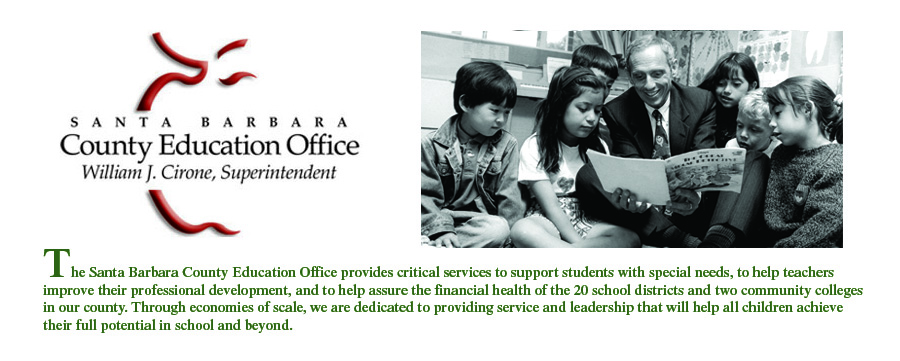The
skills required in a classroom are many and varied.
Children
need to know how to take turns, make compromises, approach unfamiliar children,
obey those in authority, and be generally nice to others.
Only
then are they are socially ready to learn. But no one is born with these
skills. They come from repeated and guided interactions with other children at
an early age.
Keep
in mind that not all the interactions must be positive and pleasant. Children
need to understand that others can be unfair and unkind, but that they should
not act that way in return.
If
young children are never exposed to adversity, they will be much less prepared
to deal with it when it arises in situations both inside and outside the
classroom.
We
like to protect our children from unpleasantness, but at some point they must
be able to deal with life’s adversities as well.
So
let your children interact with others, and don’t be too quick to intervene in
the normal squabbles that can arise.
As
long as all seems within normal bounds, let them work it out. They will learn
valuable lessons in the process.


